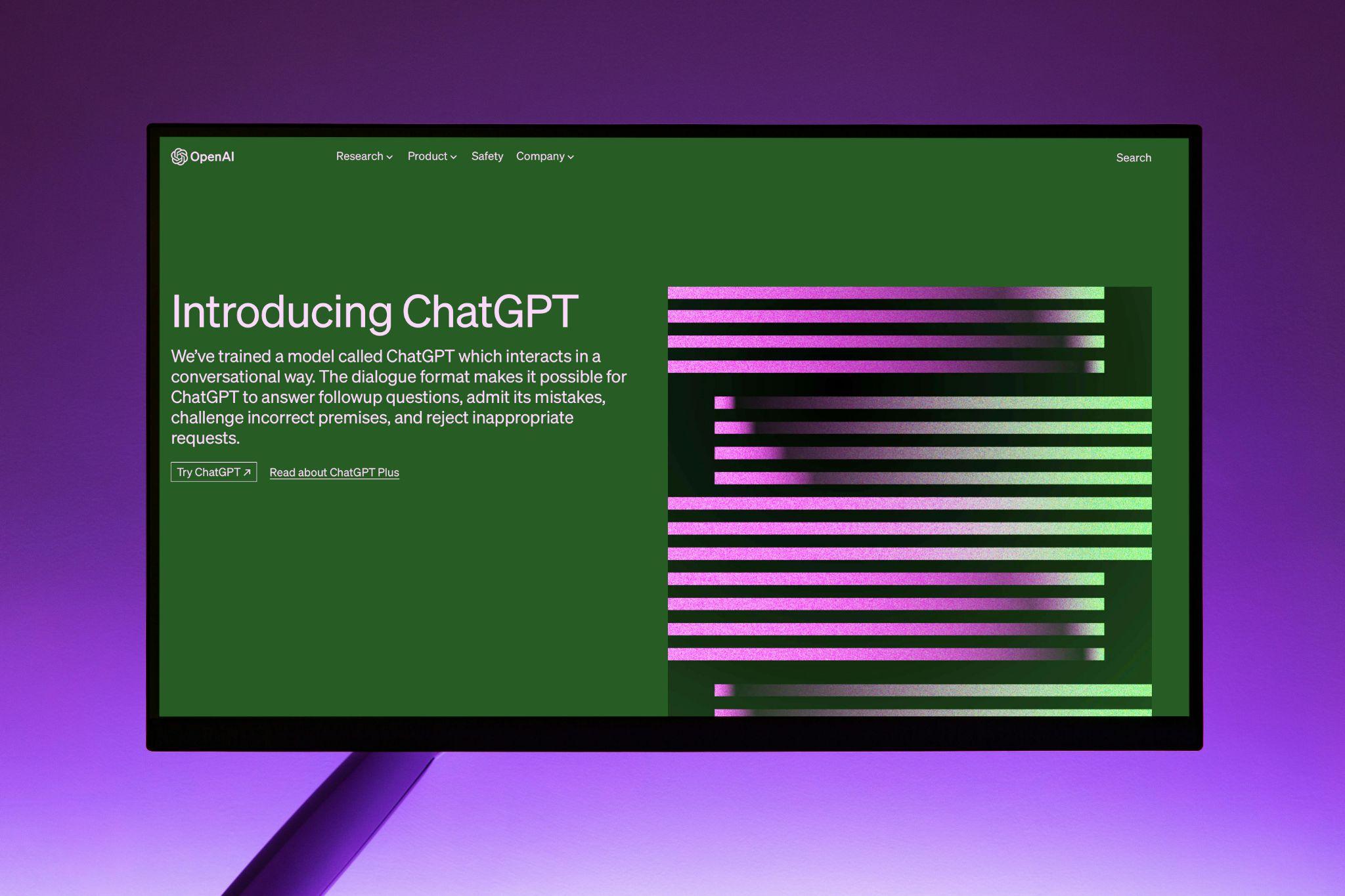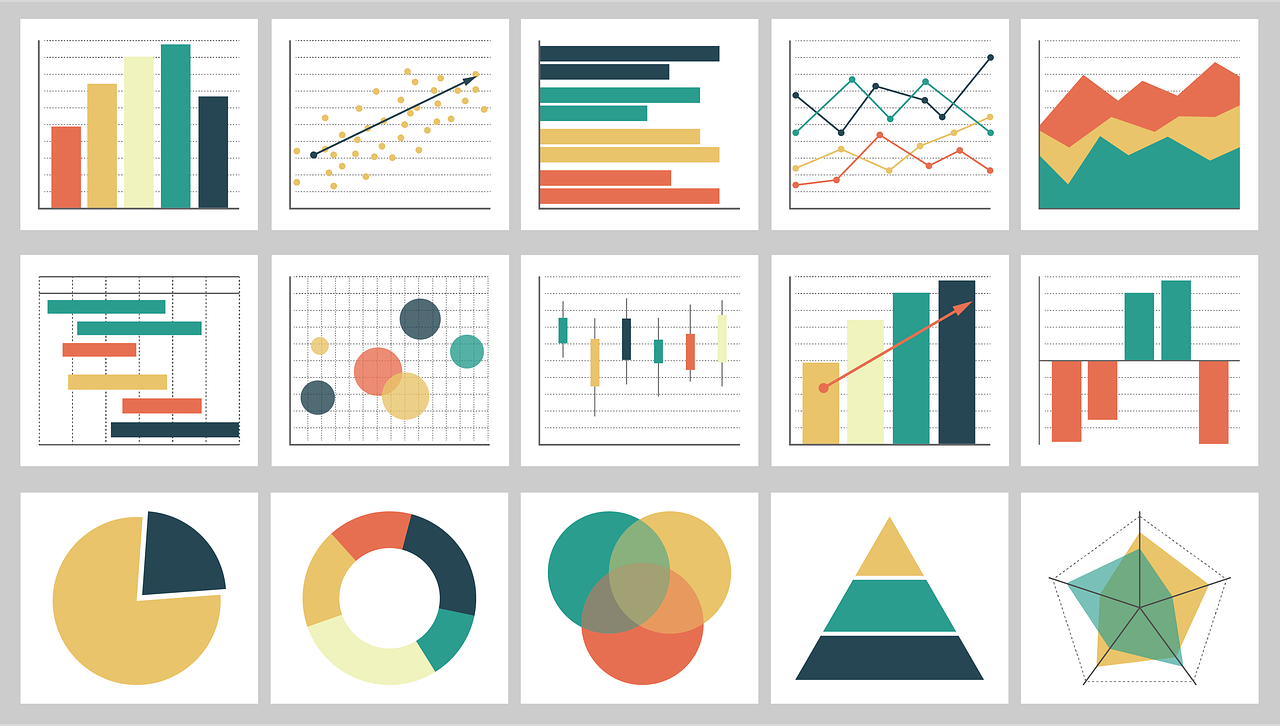The landscape of search engine optimization has undergone a remarkable transformation with the integration of artificial intelligence tools. These sophisticated technologies are now essential for creating and optimizing content that ranks well in search engines while delivering value to readers.
Why AI Tools Are Essential for SEO Optimization in 2025
The evolution of search algorithms and user expectations has made AI-powered optimization indispensable for modern SEO success. With search engines becoming increasingly sophisticated in understanding user intent and content quality, manual optimization methods are no longer sufficient to maintain competitive rankings.
| SEO Challenge | AI Solution | Impact |
|---|---|---|
| Keyword Research | Natural Language Processing | 40% more accurate keyword targeting |
| Content Quality | Machine Learning Analysis | 35% improvement in engagement metrics |
| Technical SEO | Automated Auditing | 50% reduction in optimization time |
| User Experience | Behavioral Analysis | 25% increase in conversion rates |
How AI Tools Can Revolutionize Keyword Research
Machine learning algorithms have transformed the way we discover and analyze keywords. Modern AI tools can process vast amounts of search data to identify valuable keyword opportunities that human analysts might miss. These tools examine search patterns, user intent, and competitive landscapes to provide actionable insights for content optimization.
The most powerful AI-powered keyword research tools include:
- SEMrush’s Topic Research Tool combines machine learning with real-time search data to identify emerging topics and related keywords, providing content creators with comprehensive topic clusters that can increase organic visibility by up to 30%
- Ahrefs’ Keywords Explorer uses advanced algorithms to analyze billions of search queries, offering detailed metrics like keyword difficulty scores and click-through rates, helping content strategists make data-driven decisions about their targeting
- Clearscope’s Content Optimization Platform employs natural language processing to analyze top-ranking content and provide real-time optimization suggestions, resulting in an average ranking improvement of 3-5 positions
Content Quality Enhancement with AI
Artificial intelligence has revolutionized content creation and optimization through sophisticated analysis of successful content patterns. AI writing assistants can now evaluate content structure, readability, and engagement potential while suggesting improvements based on top-performing articles.
| Content Aspect | AI Tool Capability | Quality Metric |
|---|---|---|
| Readability | Sentence structure analysis | Flesch-Kincaid score |
| Engagement | Topic depth evaluation | Time on page |
| SEO Score | Content optimization | SERP position |
| User Intent | Search pattern analysis | Bounce rate |
AI-Powered SEO Tools for On-Page Optimization

The implementation of on-page SEO elements has been revolutionized by AI tools that can analyze and optimize content in real-time. These tools examine everything from meta descriptions to header tags, ensuring optimal structure and keyword placement for maximum search visibility.
| On-Page Element | AI Optimization | Impact on Rankings |
|---|---|---|
| Meta Descriptions | Natural language generation | 25% CTR improvement |
| Header Tags | Topic relevance analysis | 30% better topic clarity |
| Internal Linking | Content relationship mapping | 40% deeper site crawling |
| Content Structure | Semantic analysis | 35% better user engagement |
AI for Image and Video Optimization
Visual content optimization has become increasingly crucial for SEO success. AI tools now offer sophisticated capabilities for optimizing multimedia elements:
- Automated Alt Text Generation: AI systems can analyze image content and generate descriptive, SEO-friendly alt text that improves accessibility and search visibility
- Intelligent Image Compression: Tools utilizing machine learning can reduce image file sizes by up to 70% while maintaining visual quality, significantly improving page load speeds
- Video Content Analysis: AI-powered tools can automatically generate transcripts, closed captions, and meta descriptions for video content, increasing visibility in video search results
How AI Improves Technical SEO
Technical SEO optimization has been transformed by AI tools that can automatically identify and resolve complex technical issues. These systems provide comprehensive site analysis and actionable recommendations for improvement.
Key areas where AI excels in technical SEO:
- Site Speed Optimization
- Automated resource compression
- Load time prediction and optimization
- Critical rendering path analysis
- Mobile Responsiveness
- Dynamic viewport testing
- User experience simulation
- Cross-device compatibility checking
- Schema Markup Implementation
- Automated markup generation
- Rich snippet optimization
- Structured data validation
AI for Link Building
Artificial intelligence has revolutionized link building strategies by automating the identification and evaluation of potential link opportunities. Modern AI tools can analyze millions of websites to find relevant linking prospects while assessing their authority and relevance.
| Link Building Aspect | AI Capability | Success Metric |
|---|---|---|
| Prospect Identification | Domain relevance analysis | 45% higher success rate |
| Outreach Automation | Personalized email generation | 30% better response rate |
| Link Quality Assessment | Authority metrics analysis | 50% stronger backlinks |
| Competitor Analysis | Link gap identification | 35% more opportunities |
The Role of AI in Content Personalization

Dynamic content personalization powered by AI has become a crucial factor in maintaining high engagement rates and improving search rankings. These systems analyze user behavior patterns to deliver tailored content experiences.
Key benefits of AI-driven personalization:
- Increased user engagement through relevant content recommendations
- Improved conversion rates with personalized calls-to-action
- Enhanced user experience through dynamic content adaptation
- Better understanding of user intent and search patterns
Leveraging AI for Content Strategy
Strategic content planning has been transformed by AI tools that can analyze market trends, competitor content, and user behavior to inform content creation decisions.
| Strategy Component | AI Analysis | Strategic Outcome |
|---|---|---|
| Topic Selection | Trend prediction | 40% more trending content |
| Content Gaps | Opportunity analysis | 35% market coverage increase |
| Competitor Research | Content benchmarking | 45% competitive advantage |
| User Intent | Behavior pattern analysis | 30% better targeting |
Overcoming Potential Pitfalls of AI in SEO
While AI tools offer significant advantages, it’s crucial to understand their limitations and potential drawbacks:
- Content Authenticity Challenges
- Risk of generating generic content
- Need for human creativity and expertise
- Importance of maintaining brand voice
- Technical Limitations
- Over-optimization risks
- Algorithm dependency
- Data quality requirements
- Implementation Considerations
- Integration complexity
- Training requirements
- Cost considerations
To maximize the benefits of AI while minimizing risks, consider these best practices:
- Maintain a balance between automated and human-driven processes
- Regularly review and adjust AI-generated optimizations
- Focus on creating value for users rather than just search engines
- Keep up with AI technology developments and SEO best practices
The integration of artificial intelligence into SEO strategies has become essential for maintaining competitive advantages in digital marketing. By leveraging AI tools effectively while being mindful of their limitations, organizations can significantly improve their search visibility and content performance. The key lies in using these tools to enhance rather than replace human expertise, creating a powerful synergy that drives sustainable SEO success.
As search engines continue to evolve and user expectations rise, the role of AI in SEO will only grow more significant. Organizations that successfully adapt to this technological shift while maintaining focus on quality and user value will be best positioned for long-term success in the digital landscape.




